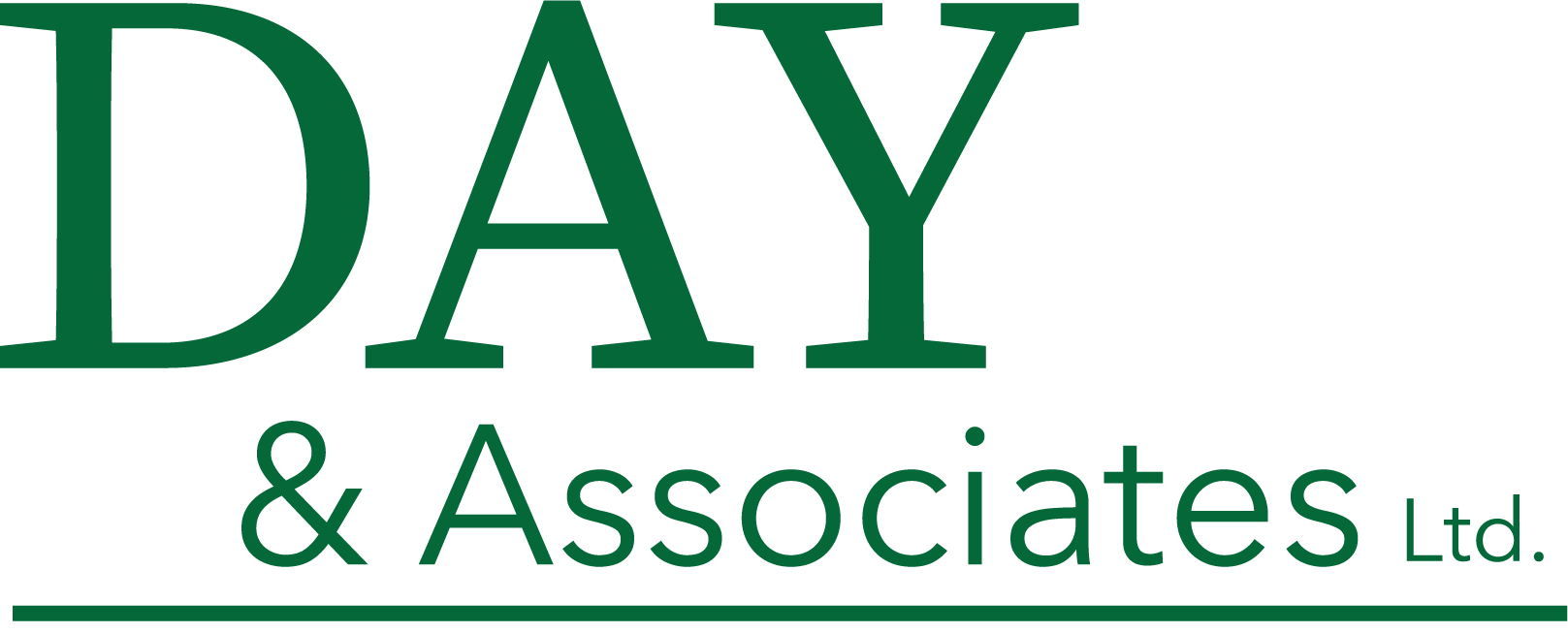Tax Preparation for Self-Employed Professionals: Why Hiring an Accountant Matters
Navigating taxes as a self-employed professional can feel overwhelming, particularly in today’s complex financial environment. Unlike salaried employees, independent workers are responsible for managing every aspect of their tax obligations, from tracking income accurately to understanding the nuances of deductions and credits. Mistakes can be costly, leading to audits, penalties, or missed opportunities for tax savings. According to the IRS, as reported by USA Today, total tax refunds in 2025 have already reached approximately $163 billion, highlighting the importance of accurate filings and diligent planning.
The stakes for self-employed individuals are higher than ever. Small miscalculations or overlooked expenses can result in significant financial setbacks. For many, the process of organizing receipts, understanding tax codes, and completing multiple forms is not just time-consuming—it’s stressful. Hiring a professional accountant transforms this challenging task into a structured, strategic process. Accountants not only ensure accurate tax preparation, but also provide valuable insights that help self-employed professionals manage cash flow, plan for growth, and optimize financial outcomes. By leveraging professional expertise, business owners can focus on their core operations, knowing their taxes are handled efficiently and correctly.
Understanding Self-Employed Tax Responsibilities
Self-employed professionals face tax obligations that differ markedly from those of traditional employees. One of the biggest challenges is distinguishing between personal and business income. Without careful tracking, personal expenses may inadvertently be claimed as business deductions, triggering audits or penalties. Accountants help maintain clear, organized records, ensuring that all reported business expenses are legitimate and compliant with tax regulations.
The forms required for self-employed individuals can be particularly confusing. Documents such as the 1099-MISC and Schedule C demand precise reporting, and even minor errors can lead to penalties or legal complications. Accountants not only prepare these forms accurately but also guide clients on proper submission timelines, helping avoid late filings.
Deductible expenses are another area that can create confusion. While home office costs, travel, and equipment purchases are often deductible, many professionals either overlook eligible deductions or claim ineligible expenses. Accountants ensure clients capture every opportunity to reduce taxable income, minimizing risk and maximizing refunds. With professional guidance, tax preparation becomes a streamlined, accurate, and stress-free process.
Managing Self-Employment Taxes and Quarterly Payments
Self-employed professionals are responsible for the full amount of Social Security and Medicare taxes, collectively called self-employment tax. Unlike employees, who share this responsibility with their employer, independent workers must cover both portions themselves. Without careful planning, these obligations can create financial strain, particularly if income fluctuates throughout the year. Accountants help clients calculate these taxes accurately and integrate them into quarterly estimated payments, preventing unpleasant surprises during tax season.
Quarterly tax payments are an essential yet challenging part of self-employment. Unlike traditional employees, who have taxes automatically withheld, independent professionals must proactively estimate and remit payments. Missing deadlines or underpaying can result in penalties and interest. Accountants manage these calculations and schedules, helping clients maintain compliance while effectively planning cash flow. This proactive approach ensures that tax preparation is not merely about compliance but also about financial strategy, enabling business owners to allocate resources efficiently and avoid stress at year-end.
Enjoying the Financial Advantages
The financial benefits of hiring an accountant extend well beyond ensuring compliance. One of the most significant advantages is maximizing deductions and credits. The tax code offers numerous opportunities to reduce liabilities, but identifying and applying them accurately requires specialized knowledge. Accountants can pinpoint eligible deductions for business expenses, travel, professional services, and even equipment purchases, ensuring nothing is overlooked.
Strategic planning is another key benefit. Accountants analyze business structures, such as sole proprietorships, LLCs, and S-Corporations, to identify the most tax-efficient setup. They also assess income patterns, expenses, and long-term goals to craft tailored strategies that reduce tax liabilities while supporting sustainable growth. Furthermore, accountants provide detailed cash flow insights, helping clients plan for periods of low revenue or high expense. This guidance ensures that tax preparation serves as both a compliance measure and a financial planning tool, empowering self-employed professionals to retain more of their income and make informed business decisions.
Reducing Stress Through Professional Support
The demands of self-employment often leave professionals juggling multiple tasks, and tax obligations can feel overwhelming. Maintaining accurate financial records, tracking deductions, and navigating tax forms is time-consuming and error-prone. Accountants alleviate this burden by handling these responsibilities efficiently, saving clients time and minimizing the risk of mistakes.
Beyond reducing workload, accountants provide peace of mind. Filing taxes independently often creates anxiety over errors or missed opportunities. With professional support, self-employed individuals can trust that their filings are accurate, complete, and compliant. In the event of an audit, accountants guide clients through the process, communicating with tax authorities and defending the integrity of the filings. Additionally, accountants manage payroll and employee benefits, ensuring compliance with labor laws and preventing legal complications. By offering comprehensive support, accountants make tax preparation less stressful and more reliable, allowing clients to focus on growing their businesses with confidence.
Leveraging Technology and Expertise for Maximum Results
Modern accountants utilize advanced software and technological tools to enhance accuracy, efficiency, and insight. These platforms streamline data entry, minimize human error, and provide detailed financial analysis, allowing self-employed professionals to make informed decisions. By combining technology with expert guidance, accountants deliver precise and actionable financial information, essential for effective tax preparation.
Staying current with evolving tax laws is another critical aspect of professional accounting. Tax codes frequently change, and independent professionals may miss important updates. Accountants monitor these developments to ensure compliance while optimizing tax strategy. They also integrate business and personal financial planning, offering a holistic approach that aligns budgets, savings, and investments. Security is paramount, and accountants employ rigorous protocols to safeguard sensitive financial data. Continuous professional development ensures that accountants remain knowledgeable about best practices, providing clients with cutting-edge solutions that support both compliance and growth.
Building a Strong Accountant-Client Partnership
The relationship between an accountant and a self-employed professional is central to long-term financial success. Clear communication ensures mutual understanding of objectives, expectations, and strategies. Regular financial reviews allow adjustments based on changing circumstances, while collaborative goal-setting ensures that both immediate and long-term objectives are addressed.
Choosing the right accountant is crucial for maximizing benefits. Experience, industry specialization, and compatibility are key considerations. A strong partnership enables proactive tax planning, better cash flow management, and strategic insights for business growth. Even self-employed individuals who initially manage their taxes independently can benefit from transitioning to professional guidance as their operations grow more complex. By leveraging expert advice, clients gain accurate tax preparation, optimized financial outcomes, and the confidence that their financial future is well managed.
Hiring an accountant offers significant advantages for self-employed professionals navigating the complexities of modern tax obligations. Expertise in maximizing deductions, managing self-employment taxes, handling quarterly payments, and optimizing long-term financial strategy ensures both compliance and improved financial outcomes. While DIY approaches may be sufficient for simple situations, the intricacies of growing businesses highlight the value of professional assistance.
With a skilled accountant, self-employed individuals can achieve accurate tax preparation, reduced stress, and better-informed financial decisions. Strategic planning, efficient cash flow management, and expert guidance contribute to long-term stability and business growth. Partnering with the right accountant transforms taxes from a burdensome task into a strategic advantage, empowering business owners to focus on what they do best. Simplify your tax preparation and safeguard your financial future with the trusted experts at Day & Associates Ltd.



Share On: